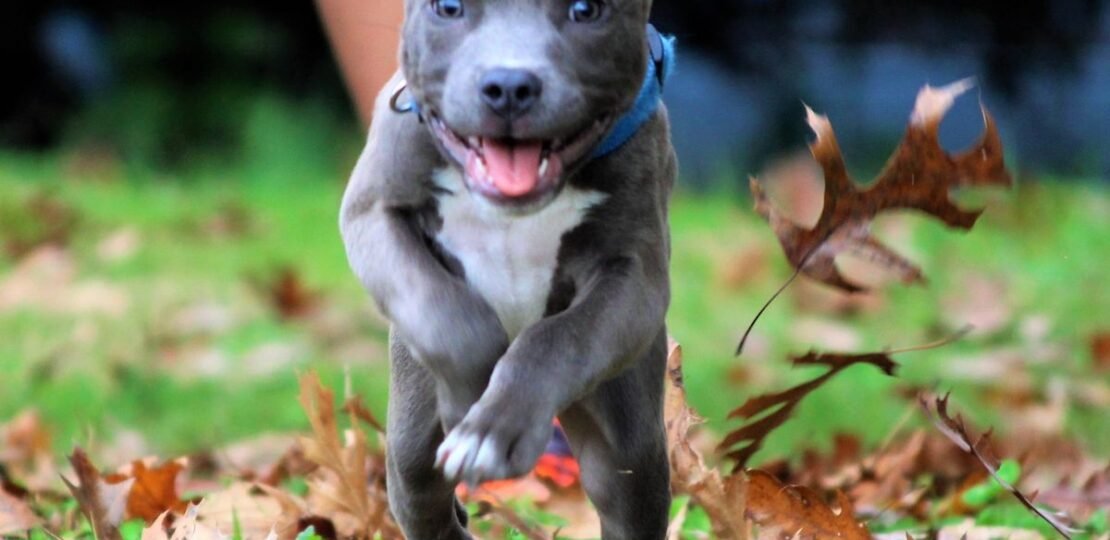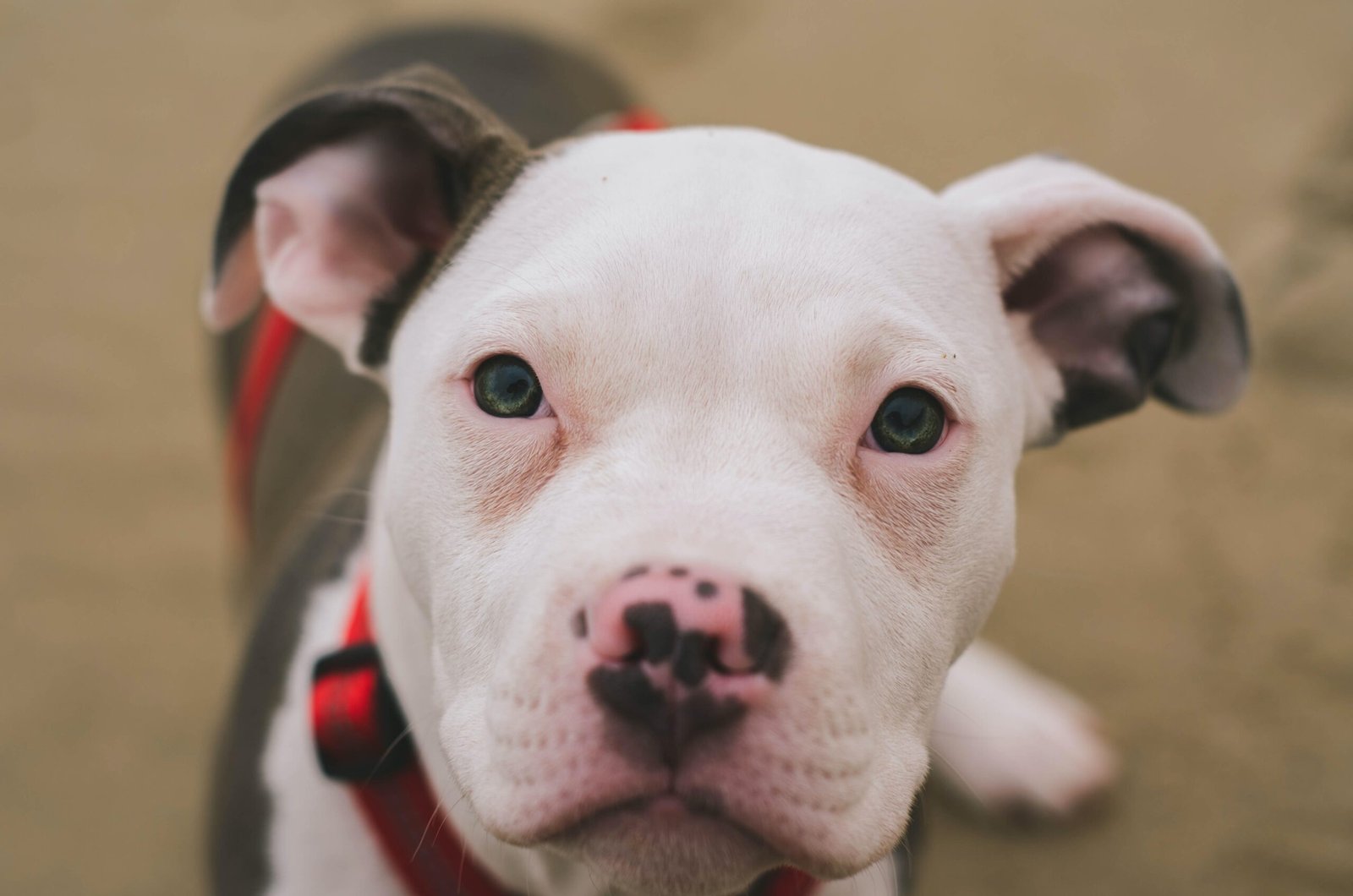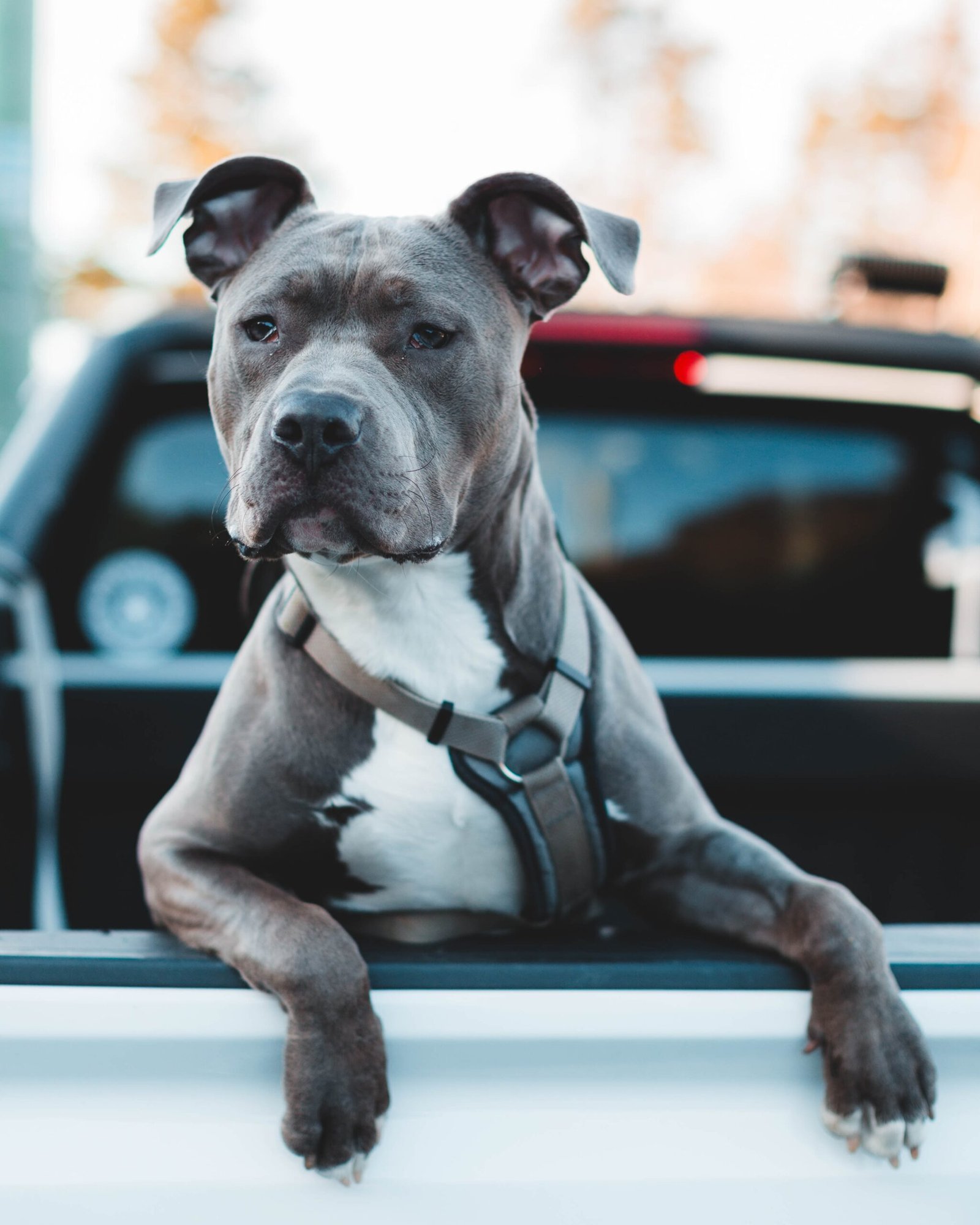Inbred Pitbulls: Unraveling the Consequences of Inbreeding
January 9, 2024 | by myfirstpittie.com

When it comes to the topic of inbred Pitbulls, it is essential to approach it with sensitivity and understanding. Inbreeding, unfortunately, is a common practice in the Pitbull community, and it has significant consequences for these beloved dogs. In this blog post, we will delve into why inbreeding happens, the repercussions it has on the breed, and how it contributes to the notorious reputation of Pitbulls.
Why Does Inbreeding Happen?
Inbreeding occurs when closely related Pitbulls are bred together, often within the same family line. Some breeders resort to inbreeding to produce puppies with specific traits or to maintain a certain bloodline. Others may do it for financial gain, as inbred puppies can often be sold at a higher price due to their perceived rarity.
However, it is crucial to understand that responsible breeders prioritize the health and well-being of the dogs over any specific traits or financial gains. They focus on preserving the breed’s overall genetic diversity, which helps to ensure the long-term vitality and resilience of the breed.
The Consequences of Inbreeding
Inbreeding can have severe consequences for Pitbulls, both physically and mentally. One of the most significant risks is the increased likelihood of genetic disorders and health problems. When closely related dogs are bred together, the chances of inheriting harmful genetic mutations multiply, leading to a higher prevalence of conditions such as hip dysplasia, heart disease, and even behavioral issues.
Additionally, inbred Pitbulls may have compromised immune systems, making them more susceptible to infections and diseases. Their reduced genetic diversity weakens their ability to fight off illnesses, leaving them more vulnerable to various health issues throughout their lives.
Mentally, inbred Pitbulls may exhibit behavioral problems and temperament issues. They can be more prone to aggression, anxiety, and fearfulness, which can be challenging for both the dog and their owners. These behavioral issues, unfortunately, contribute to the negative perception and notorious reputation that Pitbulls often face.
Inbred Pitbulls and Their Notorious Reputation
It is essential to note that the notorious reputation of Pitbulls is not solely due to inbreeding. Factors such as irresponsible ownership, lack of socialization, and media sensationalism have also played a significant role in shaping public opinion. However, inbreeding has undoubtedly contributed to the breed’s negative image.
Inbred Pitbulls, with their increased likelihood of health and behavioral issues, can pose a higher risk if not properly trained and socialized. Unfortunately, some individuals who engage in dogfighting and other illegal activities are attracted to these dogs because of their perceived aggression. These individuals often exacerbate the negative stereotypes surrounding Pitbulls, perpetuating the cycle of misunderstanding and fear.
It is important to remember that not all Pitbulls are inbred, and not all inbred Pitbulls exhibit aggressive behavior. Responsible breeding practices, proper training, and socialization can help mitigate the potential negative effects of inbreeding.
Conclusion
Inbreeding in Pitbulls is a concerning issue that has significant consequences for the breed. The increased risk of genetic disorders, compromised immune systems, and behavioral issues highlight the importance of responsible breeding practices and the need to prioritize the health and well-being of these dogs.
By understanding the reasons behind inbreeding and the resulting challenges, we can work towards dispelling the negative stereotypes surrounding Pitbulls. It is crucial to support responsible breeders, promote proper training and socialization, and advocate for the overall welfare of these incredible dogs.
RELATED POSTS
View all



